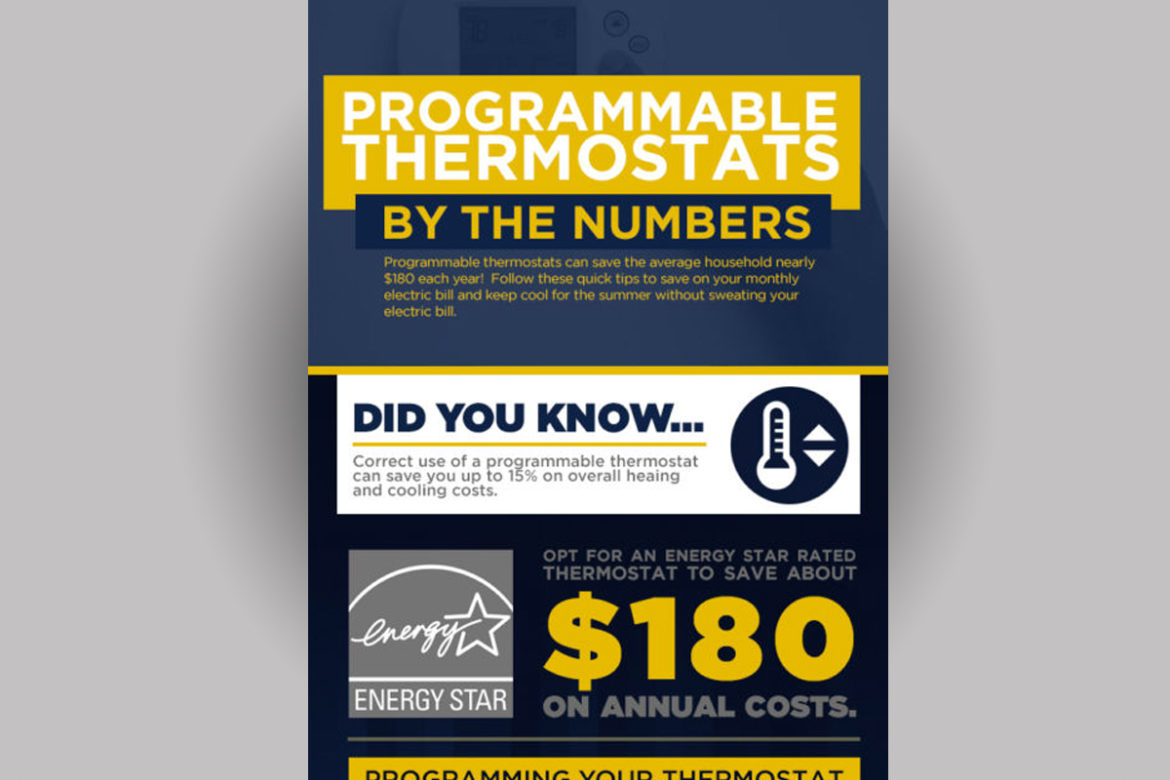Checking Out The Ecological Benefits Of Warm Pumps - A Sustainable Heating Option
Checking Out The Ecological Benefits Of Warm Pumps - A Sustainable Heating Option
Blog Article
Short Article By-Cox Burgess
In an era where sustainability and energy efficiency are paramount, numerous companies seek environment-friendly home heating solutions. One such service is the heat pump.
A heat pump removes the warm in its environments and pumps it into your home, resulting in one of one of the most efficient green main furnace around. This process likewise produces absolutely no greenhouse gas discharges, making it a highly sustainable innovation.
Energy Performance
Heat pumps are very energy effective and need little maintenance. They make use of less electrical energy than other heating systems and are by far one of the most eco-friendly. They function well with rooftop solar and can commonly spend for themselves in energy cost savings alone.
They can additionally provide cooling, which is excellent for garage workshops, attic room hangouts and benefit spaces, and home enhancements without extending the existing ductwork. They can even be made use of for retrofits in existing homes with hydronic (water-based) circulation systems such as reduced temperature radiators or radiant floorings.
Search for designs with SEER and HSPF rankings that meet or surpass Canada's minimum criteria, as well as the standards in your region. Greater scores indicate higher performance, which conserves you money over time and minimizes your carbon footprint. You could even receive refunds and rewards! ducted heat pump prices nz are those with a ground heat exchanger for included performance. These systems can soak up thermal power from the ground during the winter months and remove it in the summer.
Reduced Greenhouse Gas Emissions
Heatpump operate on electrical power and basically transfer warmth from the air, also when it's cool exterior. They have the ability to draw out the free warmth trapped in air particles and relocate them inside your home, minimizing moisture while doing so.
Contrasted to gas heaters, contemporary heat pumps utilize less than one kilowatt of power per kilowatt of home heating power they create. This makes them the most energy effective home heating alternative available with a COP (Coefficient of Efficiency) of four or more. By slashing mouse click the next site for nonrenewable fuel sources, heatpump help reduce greenhouse gas exhausts and cut various other significant air contaminants.
Building decarbonization is a worldwide vital, and the HVAC market is a key vehicle driver of that process. Whether it's investor making net no commitments, policy manufacturers setting exhausts limitations, or tenants requiring greener spaces, electrical heatpump are being acknowledged as an essential remedy. They are an economical means to minimize carbon discharges by getting rid of the requirement for nonrenewable fuel sources in structures.
Convenience
Heat pumps can be made use of in many sorts of homes and structures-- with or without air ducts. They work with hot-water radiators, air-conditioning and programmable thermostats. They can replace heating systems or be mounted in brand-new homes. They can work on photovoltaic panels, geothermal systems or even area home heating resources like wastewater.
They're wonderful at delivering even more warm per energy unit. For example, an air-source heatpump produces up to three or even more home heating devices from each electrical power system it takes in.
Obtaining the most from your heat pump will depend upon your environment zone and top quality of insulation. https://www.finehomebuilding.com/2022/02/24/fhb-podcast-hvac-expert-chad-gillespie-of-mitsubishi-electric for designs with ENERGY STAR rankings and contrast their SEER or HSPF specifications. In warmer climates, focus on SEER; in cooler regions, think about a system with a higher HSPF rating. Additionally, invest in air securing and insulation to minimize the load on your heat pump. That will enhance power performance and aid you reach your Web Absolutely no goals faster.
Biomass Boilers
Biomass boilers use wood pellets, chips or logs to develop warm and hot water. They are a great selection for off-grid properties or those who want to get off the gas grid.
As a standalone heater, biomass can give adequate energy to maintain your home cozy all year round without the common warmth drop off of other renewable technologies. They can additionally be utilized along with photovoltaic panels to maximise cost savings and benefit from RHI payments.
A disadvantage of these systems is the ahead of time price and regular gas shipments. Typically, pellets will need to be blown right into a gas shop utilizing a vacuum cleaner system or they can be manually fed into the boiler through a receptacle. Logs are generally self-sourced from nearby timberland or gotten wholesale. As well as this, they call for manual loading and may need cleaning regularly.